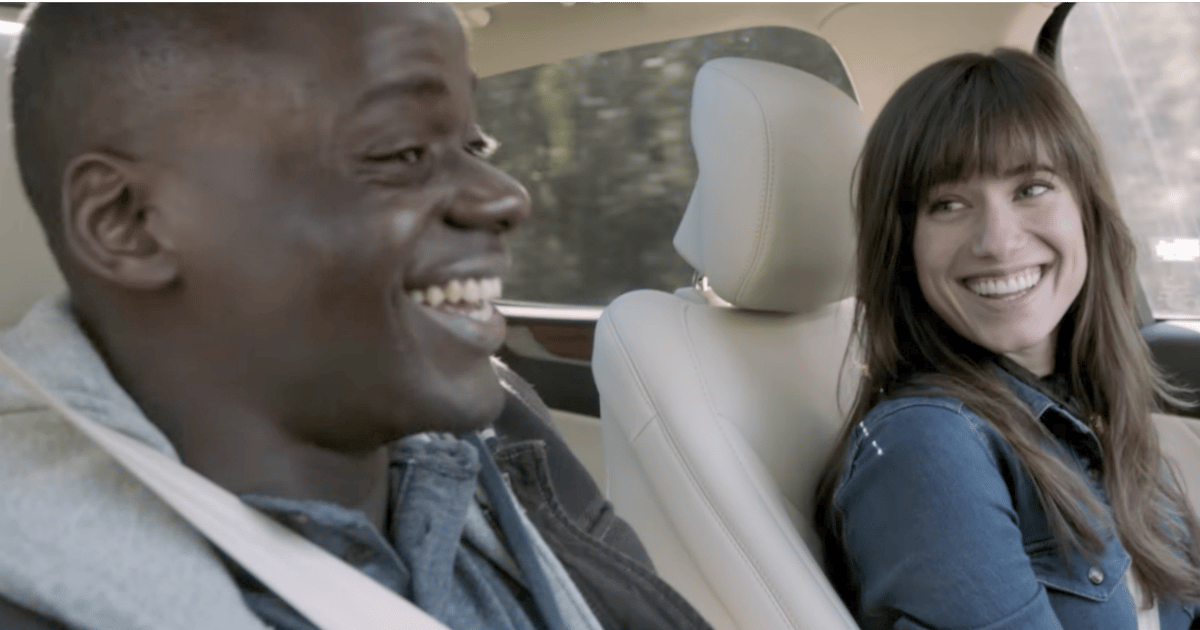
Get Out is unlike any horror film I’ve ever seen.
There are very few films that can execute both horror and comedy simultaneously, and far fewer that can grapple with complex social politics in a way that becomes increasingly insightful the more you think about it. But Get Out is one of a kind – providing the kind of social commentary through storytelling that will likely make it a classic.
Traditionally, black people in horror films have played a very peripheral role. They’re usually the first to die, if they’re present at all, and their death is rarely consequential. In popular culture more broadly, they’re seen as the assailant far more often than they’re seen as the victim.
So a horror film in which a black character is the protagonist and the victim is revolutionary in itself.
Watch the trailer for Get Out. Post continues after video.
The opening scene sees a black man walking down a dark suburban street at night. He’s scared. He mutters to himself the same way most of us do when we’re trying to reassure ourselves of our own safety – swearing at the situation, as well as our own fear.
In the cinema, people laughed. It’s innately funny to see a grown black man feeling so uncomfortable in a quiet, upper class neighbourhood. What could he possibly be afraid of?
Then he’s kidnapped. And from those first few moments, it’s obvious this isn’t your typical horror film.
